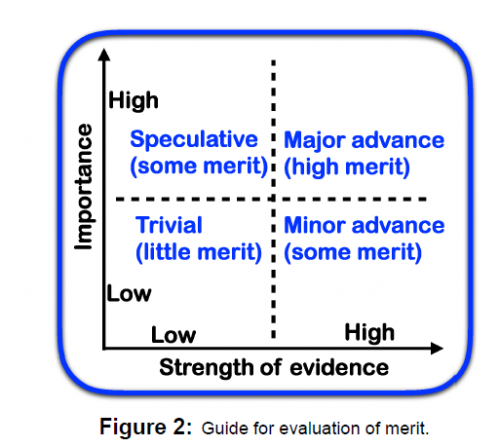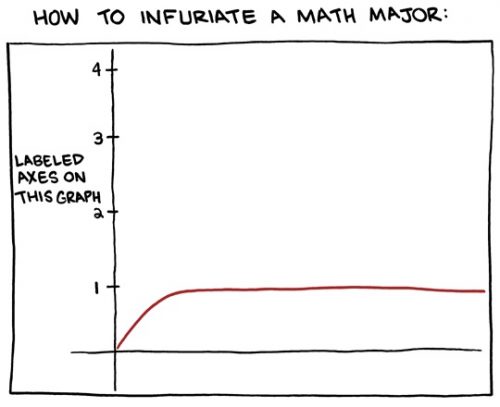Do I need to explain this? Thulsa Doom was not a role model.
A religious cultist in Kenya did not get the memo, though. Pastor Paul Mackenzie has been telling his parishioners that they can meet Jesus sooner by starving themselves to death. The end result: mass graves.
The number of people who died after a Kenyan pastor ordered his followers to starve to death in order to meet Jesus has surpassed 300, authorities said Tuesday, and the death toll is expected to rise as more exhumations are planned.
The death toll increased to 303 after 19 more bodies were recovered from mass graves in the vast forested land in Kilifi County of coastal Kenya, where pastor Paul Mackenzie and his followers lived.
Coastal regional commissioner Rhoda Onyancha told local journalists that 613 people tied to the area are missing.
There are a couple of pastors in this region who have been misinforming their congregations in ways that lead to mass deaths — it’s like a morbid evangelical revival.











